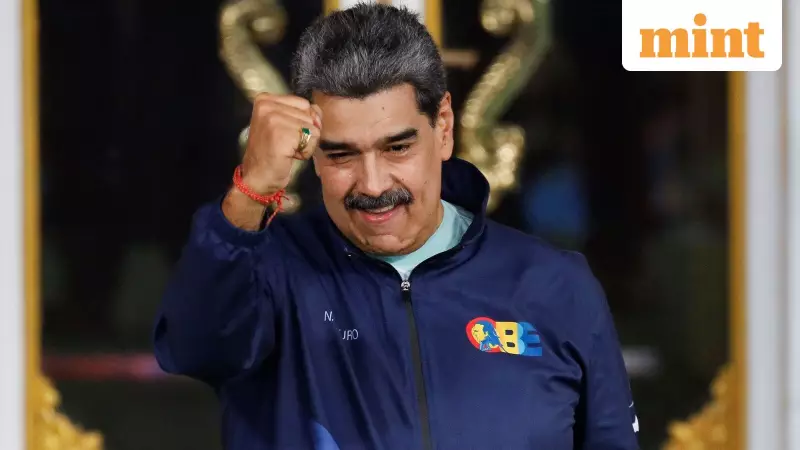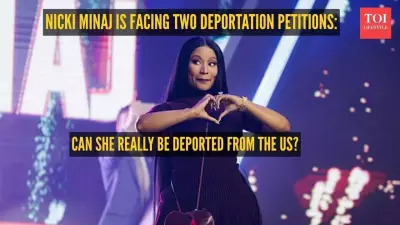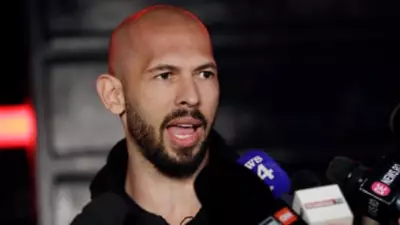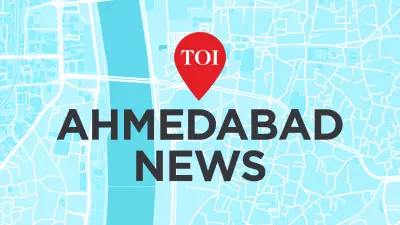
The Trump administration has authorized covert CIA operations in Venezuela as part of a significant escalation against President Nicolas Maduro's government, according to senior US officials. This development comes alongside a substantial military buildup in the Caribbean region, raising tensions between the two nations.
Military Buildup and Covert Operations
United States officials revealed to Reuters that covert operations would likely represent the initial phase of new actions targeting Maduro's government. The authorization for these clandestine activities coincides with the arrival of the US Navy's largest aircraft carrier, the Gerald R Ford, which reached the Caribbean on November 16 with its strike group.
The military presence in the region has expanded significantly, with at least seven other warships, a nuclear submarine, and F-35 aircraft joining the carrier group. While US forces have focused on counter-narcotics operations so far, the assembled firepower substantially exceeds what would typically be required for such missions.
In response to the growing threat, the US Federal Aviation Administration issued a warning on Friday about a "potentially hazardous situation" for flights over Venezuelan airspace. This alert prompted three international airlines to cancel flights departing from Venezuela on Saturday.
Terrorist Designation and Military Options
The United States plans to designate the Cartel de los Soles as a foreign terrorist organization on Monday, according to officials. The Trump administration has accused Maduro of leading this cartel, which it alleges plays a significant role in importing illegal drugs into the United States. Maduro has consistently denied these allegations and any involvement in the illegal drug trade.
US Defense Secretary Pete Hegseth emphasized that the terrorist designation "brings a whole bunch of new options to the United States". President Trump has indicated this designation would enable the US to target Maduro's assets and infrastructure within Venezuela, though he has also expressed willingness to pursue diplomatic solutions.
Two US officials acknowledged that conversations have occurred between Caracas and Washington, though it remains unclear whether these discussions might affect the timing or scale of planned US operations.
Venezuela's Preparedness and Regional Implications
Maduro, who celebrated his 63rd birthday on Sunday, has consistently maintained that Trump seeks to overthrow him and has vowed that Venezuelan citizens and military forces would resist any such attempt. The Venezuelan president appeared at Caracas' main theatre on Saturday night for the premiere of a television series based on his life.
Facing a vastly superior US military force, Venezuela's armed forces struggle with inadequate training, low wages, and deteriorating equipment. Reuters has reported that some unit commanders have been forced to negotiate with local food producers to feed their troops due to insufficient government supplies.
This reality has prompted Maduro's government to consider alternative defense strategies, including what they term "prolonged resistance" - essentially a guerrilla-style response to any potential US invasion. According to sources and planning documents, this approach would involve small military units stationed at more than 280 locations carrying out acts of sabotage and employing guerrilla tactics.
Meanwhile, human rights groups have condemned US military actions in the region, characterizing strikes on alleged drug boats as illegal extrajudicial killings of civilians. Since September, US troops have conducted at least 21 strikes on suspected drug vessels in the Caribbean and Pacific, resulting in at least 83 fatalities. Some US allies have expressed growing concerns that Washington may be violating international law through these operations.
The Washington administration doubled its reward for information leading to Maduro's arrest to $50 million in August, further escalating pressure on the Venezuelan leader who has been in power since 2013.





